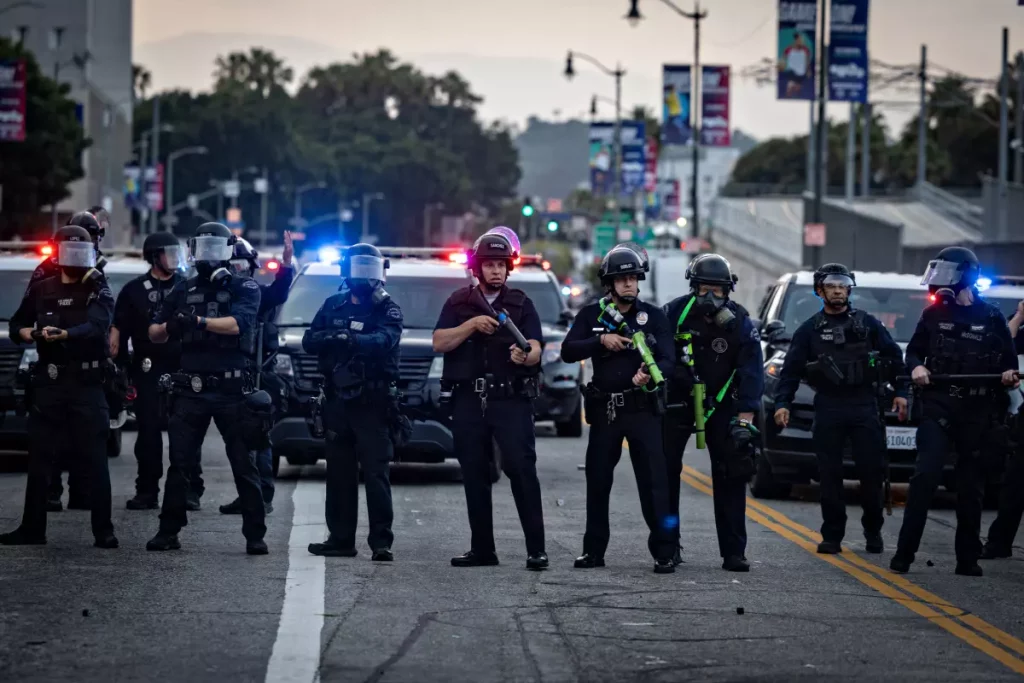Migrants and asylum seekers often face sudden immigration checks, detention, or raids at their homes, workplaces, or public spaces. These situations can feel frightening and overwhelming, but knowing your rights and what steps to take can help you stay safe and protect yourself.
First, remember that you have basic rights, even if you do not have legal status. In most countries, immigration officers must identify themselves, and you do not have to answer all questions beyond confirming your name. Staying calm and avoiding confrontation is very important during these moments.
If immigration officers come to your home, you do not always have to open the door unless they have a proper warrant signed by a judge. Ask them to show the warrant through the window or under the door before allowing entry. Without it, you are within your rights to refuse entry politely.
If you are stopped in public or at work, you can ask, “Am I free to go?” If they say yes, you may walk away calmly. If they say no, you are being detained, and you should not resist. Instead, request to speak to a lawyer immediately.
It is also important to know your right to remain silent. You do not have to share your immigration history, where you were born, or how you entered the country. Giving false information can make your case worse, but staying silent until you have legal support is your right.
Always try to carry the contact information of a trusted lawyer or legal aid group in your wallet or phone. If you are detained, call them as soon as possible. You can also inform a family member, community leader, or support group so they can track your case.
In some countries, you may have the right to a bond hearing, which could allow you to be released while your immigration case is ongoing. Ask your lawyer about this option. If you have children or dependents, make a plan in advance by identifying a trusted person who can take care of them in case you are detained.
Finally, consider joining local migrant networks and organizations that offer “Know Your Rights” workshops. These groups often offer free resources, hotline numbers, and emergency cards you can carry at all times.
Immigration raids are stressful, but being informed can make a big difference. By understanding your rights, creating an emergency plan, and consulting with a lawyer, you can better protect yourself and your loved ones.

